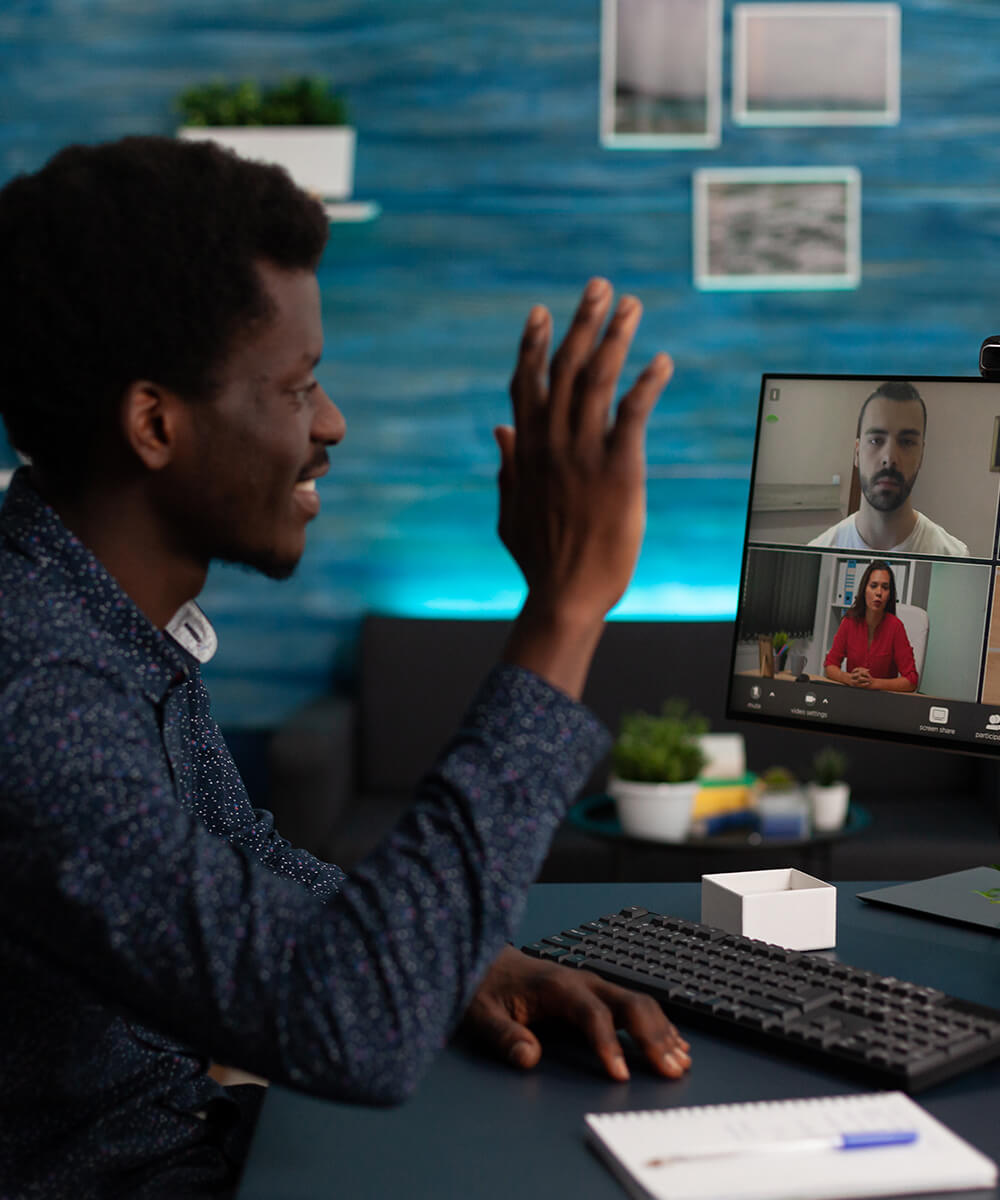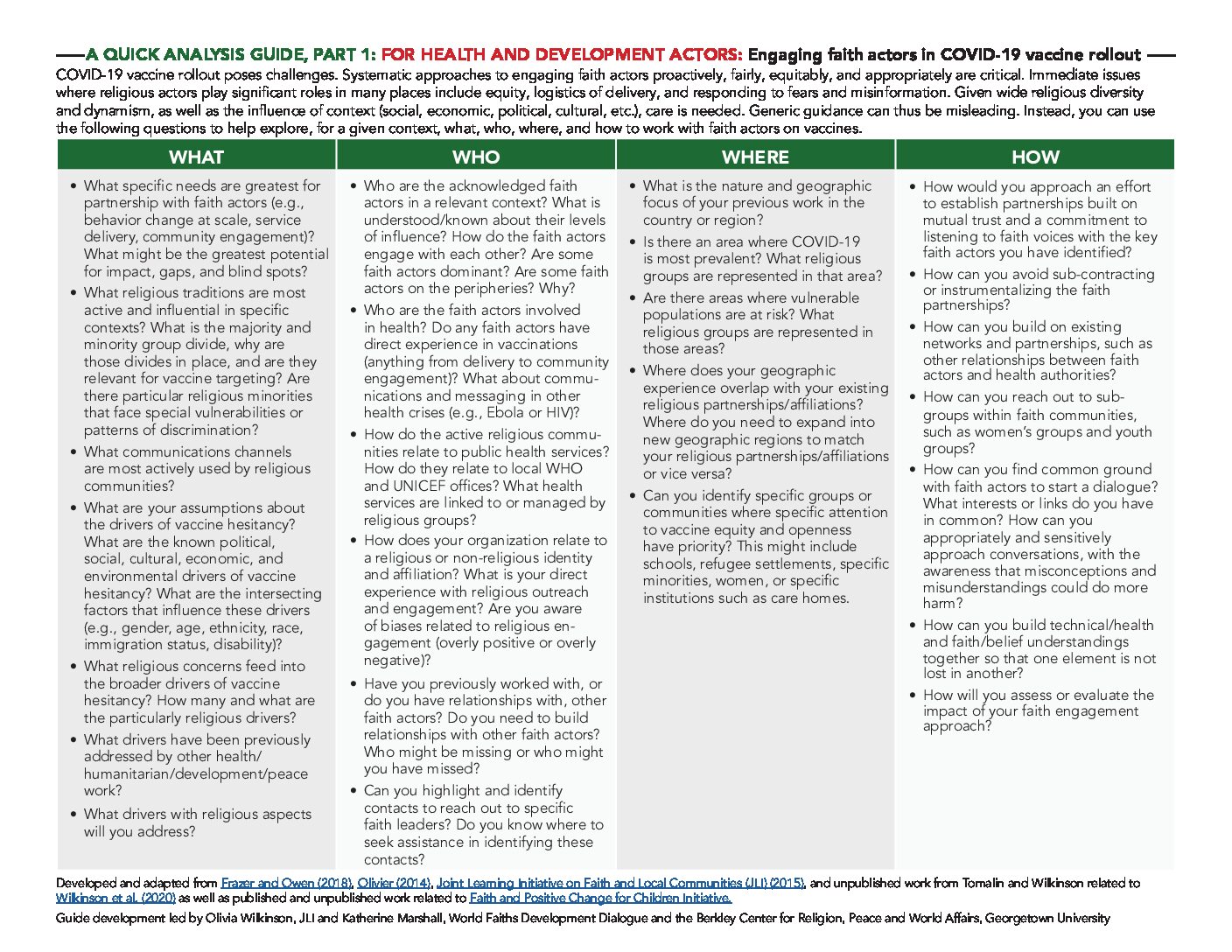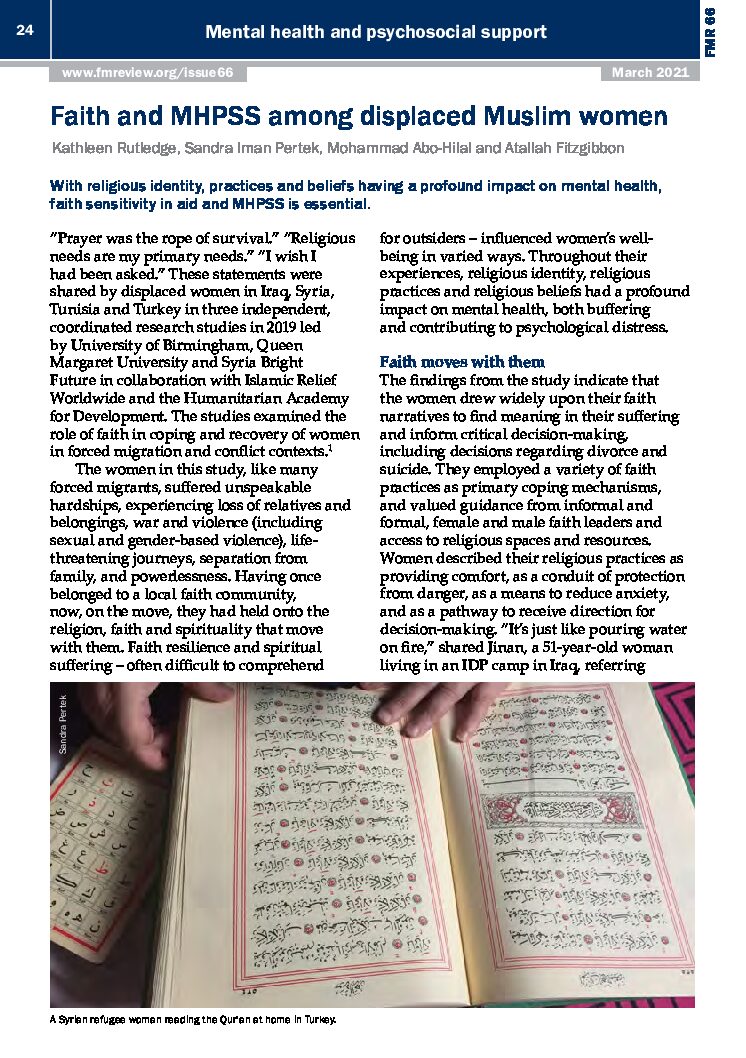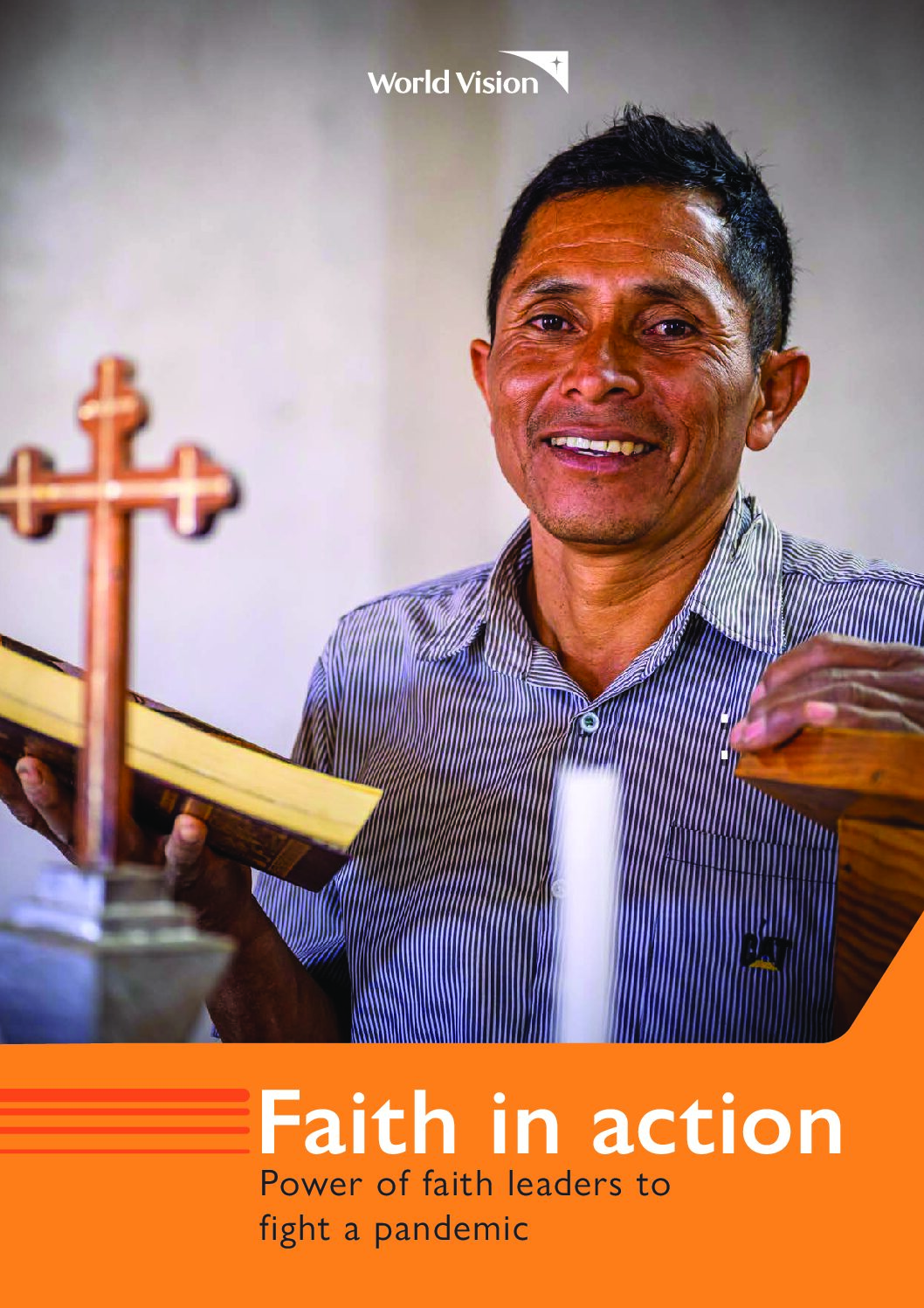Background
In October 2018, the UN’s Intergovernmental Panel on Climate Change (IPCC) published a special report on Global Warming of 1.5˚C, which is predicted by 2030-2052 which is predicted by 2030-2052. This warming will cause sea level rise, drought, and other effects that will have impacts on people worldwide. The effects will be even more severe if there is global warming of 2˚C. There is an urgent need to curb anthropogenic emissions that cause long-lasting effects on the earth’s climate system.
Local faith communities are already heavily impacted by climate change. They are also increasingly involved in the action on climate change, bringing religious motivations to understandings of stewardship and care for our planet. Faith-based NGOs are working to mitigate climate change, help climate change adaptation in communities, and mobilize and faith communities towards advocacy for change, as well as implementing climate-sensitive ways of operating in their humanitarian and development operations. Yet much remains to be done in the humanitarian and development fields where climate is frequently acknowledged as one of the most pressing issues of our time but little has changed from the status quo.
JLI is an international collaboration committed to convening academics, practitioners, and policymakers to examine the research and evidence on the role of religion in humanitarian and development aid. In the past year, many members have asked us to consider topics such as climate change, climate justice, the environment, and ecology as future interests for a possible Learning Hub.
We recognize that there is already a lot of work and research in the area of faith and climate. We will focus on the specific intersections of climate, faith-based international humanitarian and development work, and a focus on research and evidence.

Resource Library
Webinar Series
In order to gauge interest among our wider membership and start the process of considering what research already exists in this area, we convened a webinar series on faith and climate. The webinar series focused on practice, policy, and academia.
View a summary of the four-part webinar series:
Climate Links
- Bhumi Project: Religious groups are adopting renewable energy in India but more can be done
- Alliance of Religion and Conservation (ARC) – Indonesian clerics issue fatwa to protect endangered species
- Green Sanctuary – Unitarian Universalist Association
- Create Climate Justice Net for UU Climate Activists
- IFEES – The Islamic Foundation for Ecology and Environmental Sciences
- World Council of Churches’ Faith and Water: Translating words into action
- GreenFaith – Interfaith Partners in Action for the Earth
- Interfaith Center for Sustainable Development
- Divest Invest Coalition
- Ecumenical resources: here and here
- PaRD Workstream Environment, Water and Climate Action Workstream focusing on SDGs 6, 13, 14, and 15




